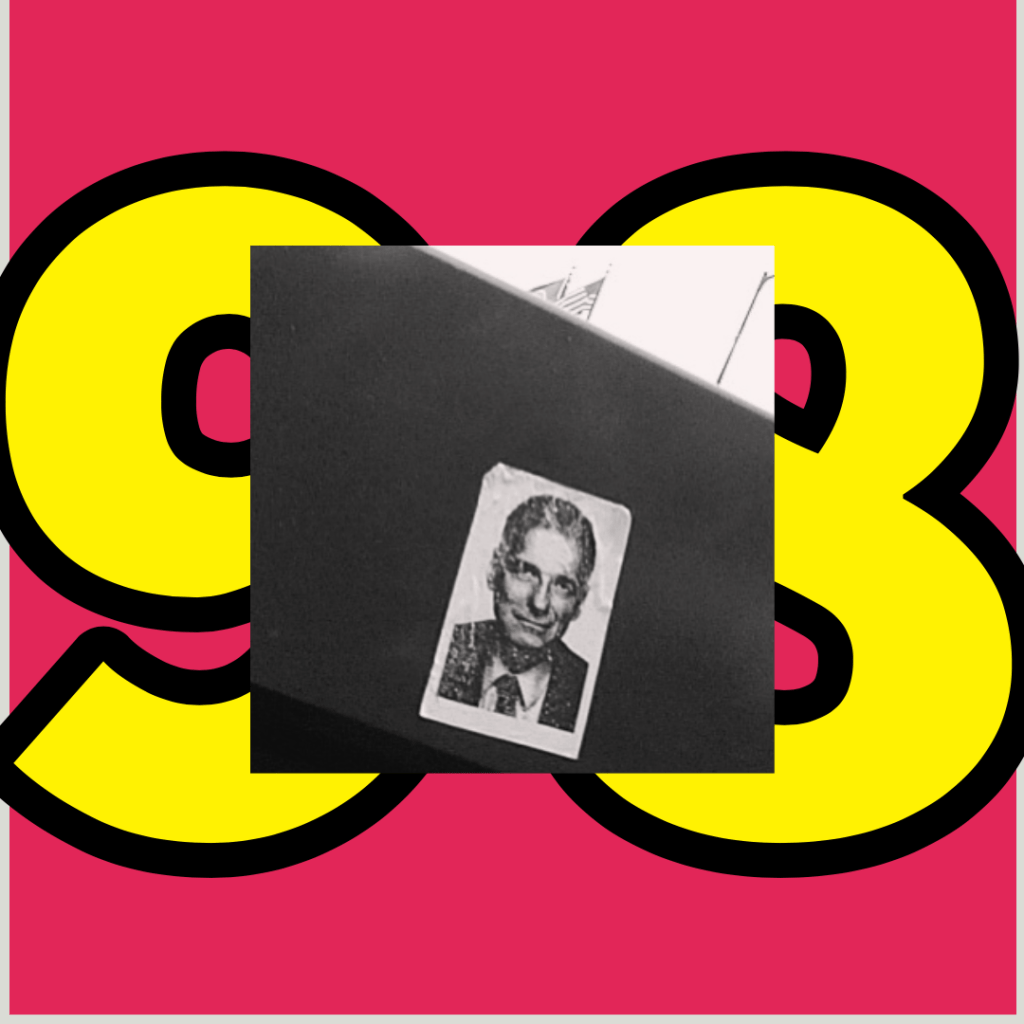In the 100 days leading up to the election of 2000, I was living in South Minneapolis, working as a barista downtown and attending classes part-time at the University of Minnesota.
The conversation at the coffeeshop and on campus was a cynical one. The salacious Bill Clinton impeachment spectacle turned some off from politics altogether. Others felt left out by his centrist compromises. If a Democrat could enact harsh restrictions on safety net programs, build prisons and celebrate corporate media consolidation, what was the point of participating in the two-party system at all? The idea that both parties were guilty of selling out to big corporations was everywhere. At least on the left. Large protests shutting down the World Trade Organization in Seattle the previous fall had united environmentalists, labor unions and others in opposition to the undemocratic and exploitative side of globalization. But these ideas may have come too late, or seemed too extreme to shape the 2000 presidential race.
Instead, many supporters of that protest said they’d be voting for the Green Party, an alternative that bundle all the ideas on the left that Bill Clinton’s Democratic Party avoided talking about, for fear of losing middle America (whoever that is). A contrarian third-party candidate (Jesse Ventura) held the governor’s mansion in Minnesota at the time, so why couldn’t the Green Party win? Others pointed out that Minnesota was unlikely to be competitive — Democrats have won the state in every presidential election in my lifetime (Nixon in 1972 was the last Republican to win the state). So, even if the Green Party had no chance, why not cast a protest vote and show the strength of the left?
I knew well that the parties were not the same. I followed local politics in the city and state fairly closely and had first been excited to take notice by the campaign of Senator Paul Wellstone, who by 2000 was an established progressive voice representing “the Democratic wing of the Democratic Party.”
I felt then as I do now, that it is tragic that the national presidential election is the only conversation most people have about politics. Its media circus is a poor substitute for from the actual work of elected officials. In smaller races at the local level, understanding your neighbors and earning their trust naturally brings progressive values of shared opportunity and common hopes to the foreground.
So, I wore my Al Gore pin as I took the bus to campus. I sympathized with the Green Party Ralph Nader pins I saw around me, but feared a narrow loss would come down to their votes. I urged anyone I talked to at the coffeeshop to learn about the down-ballot races.
As with 2004, Election Day itself is a blur. My roommates were coming and going. One of them, Karen, always worked very early at the coffeeshop roasting beans for wholesale restaurant orders. It’s likely she was in bed before polls closed in many states. Another roommate was a bartender and likely working. Was the race called by one network but not others? Called and then retracted? A confusion. Confliciting information. I eventually went upstairs to bed with the radio on next to me in the dark, listening to explanations of what little information was available from Florida.
Weeks later I recall being in the car with my Dad, who had picked me up for Thanksgiving dinner. Minnesota’s winter was underway. Brown grass, gray skies, chilly air. The election was still unresolved. It was going to the Supreme Court.
Minnesota had gone to Gore, but everyone wondered if all the confusion could have been avoided if they had just put in the slightest bit of additional effort on friends in Florida, where many Minnesotans spend the winter. Other states were close as well. And half of the voting age population didn’t bother to vote at all.
It was uncharacteristic of me to say on Sunday that my voting record in U.S. Presidential elections includes 3 losses. I don’t know that I’ve ever put the year 2000 in the loss column, even though I lived through the Bush years and not the Gore years. The loss was a false one, gamed by lawyers and media-savvy tricksters like convicted felon Roger Stone. The omission of an asterisk on Sunday’s post has been corrected.

